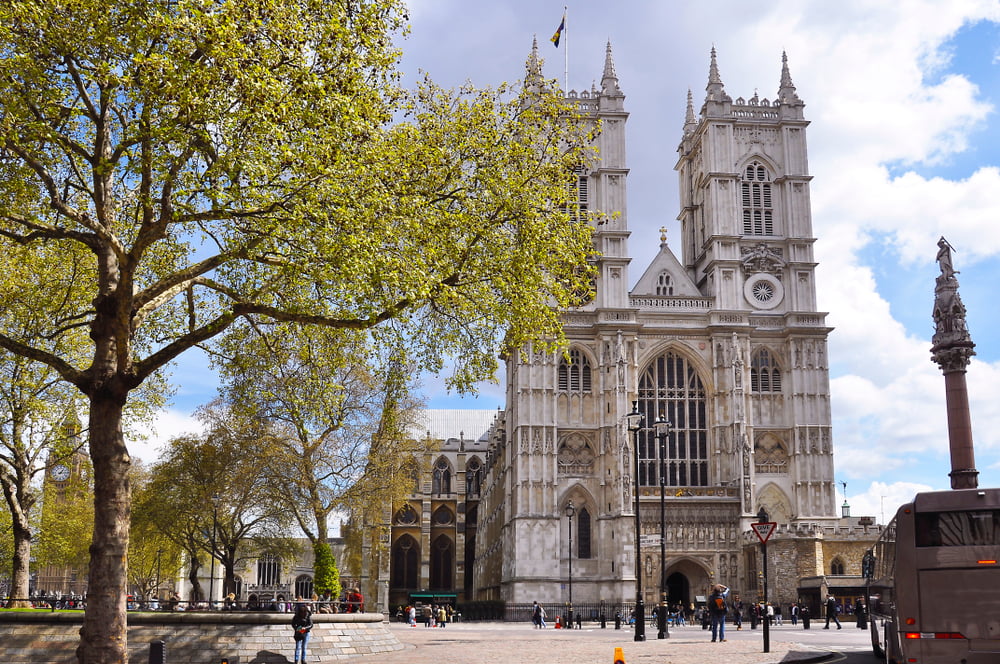How to handle pay and time off for the coronation

This year, King Charles III’s coronation will take place at Westminster Abbey on 6 May.
The anticipated event means an extra Bank Holiday for workers, adding to an already crowded holiday list from April through to the end of May.
Statutory entitlement
While a celebration for the country, the extra day may prove a headache for employers, who need to ensure all aspects of their business are still covered.
They also need to make sure contractual employment entitlements are not breached and staff know what time off they are entitled to.
The additional bank holiday in 2023 is on Monday 8 May, but the question is, who is entitled to that extra day off?
Whether or not employees are entitled to take an additional day off for the bank holiday will depend on the wording of their contract.
Statutory holiday entitlement does not increase to account for additional one-off bank holidays such as a monarch’s coronation or a royal wedding.
What are staff entitled to for bank holidays:
They get the extra day if their contract states – 20 days holiday plus bank holidays
Staff in England and Wales are not entitled to the extra bank holiday if their contract states – 20 days holiday plus eight bank holidays
Workers are not entitled to the extra day if their contract states – 28 days or 5.6 weeks which includes bank holidays.
Pay and TOIL for those working bank holidays
There is no legal obligation to offer additional pay for working on a bank holiday. Often employers will offer increased rates plus time off in lieu (TOIL).
Time and a half, plus a day off in lieu can make working Bank holidays attractive to some. Although not all employees will have an automatic entitlement to the extra day, but many employers will award it as a goodwill gesture.
What happens if payday falls on a bank holiday?
If your usual payday falls on a weekend or a bank holiday, most businesses normally pay their employees a little earlier.
For instance, if you are normally paid on a Friday, for Good Friday your employer will likely pay you on the previous day.
However, in some cases, you might be paid late. This can vary depending on your employer.
Make sure you confirm the date so you can manage your money accordingly.
For help and payroll advice on bank holidays or any other related matters, please contact our team.
